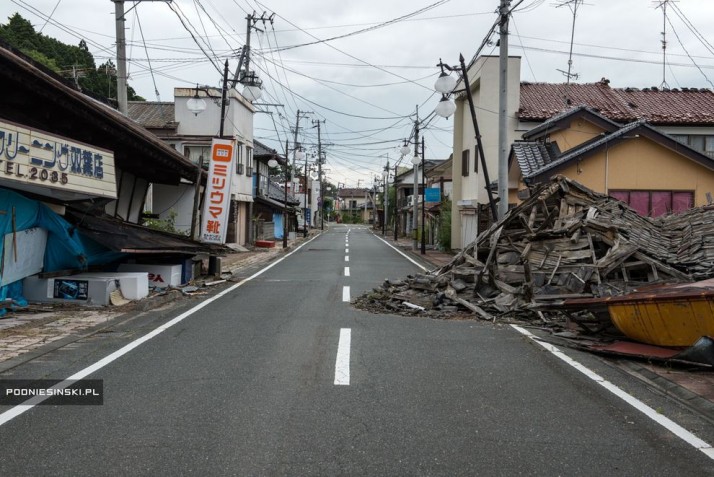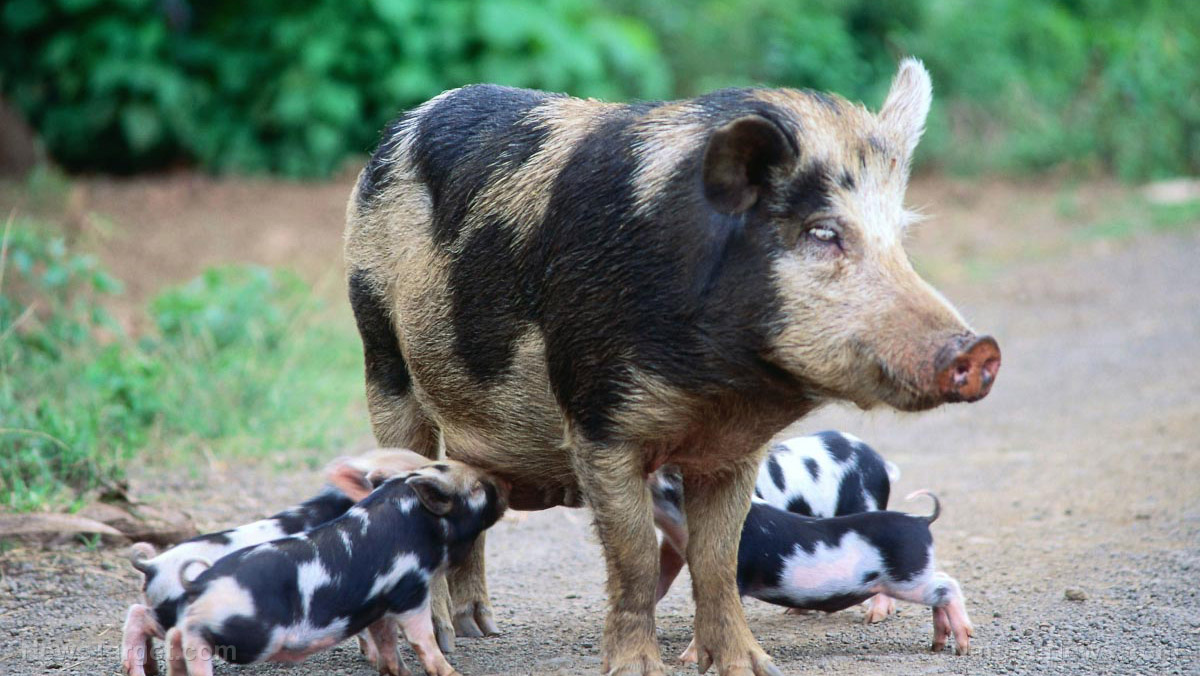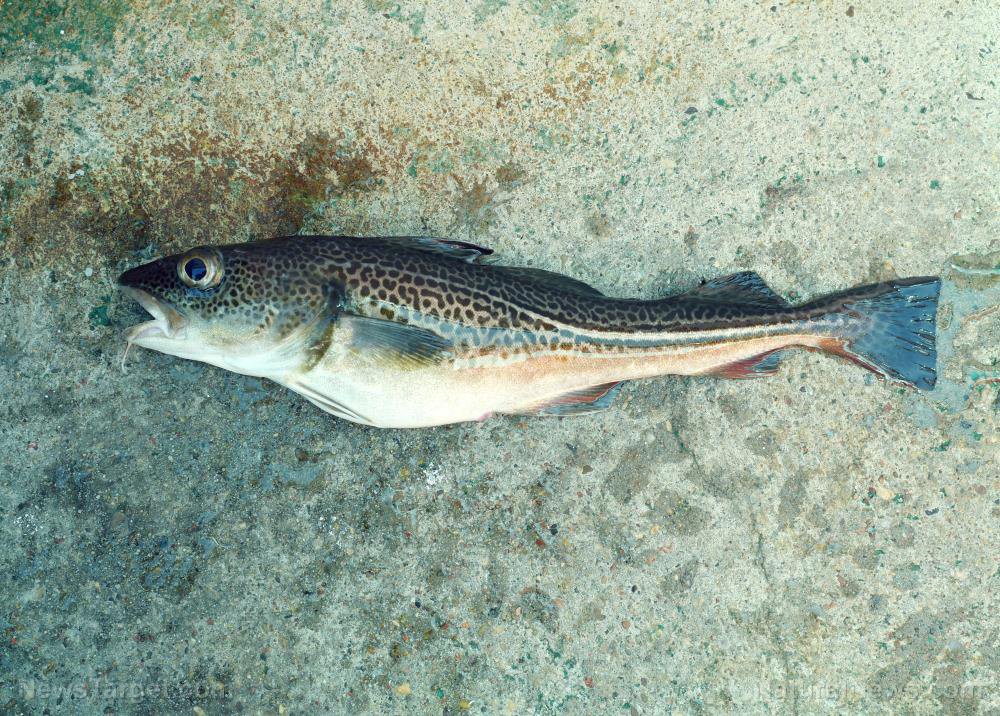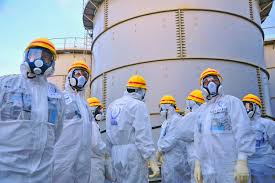Fukushima poet: “Every time I felt the aftershocks, there was something that swayed and that something became words”
11/03/2016 / By fukushima

When a devastating earthquake rattled Japan in 2011, crippling a nuclear plant in Fukushima and triggering the country’s worst nuclear disaster, people left the prefecture in droves to escape radiation.
Article by Nur Asyiqin Mohamad Salleh
But high school teacher and poet Ryoichi Wago stuck around as the streets emptied, living in an emergency shelter and capturing his anguish in a series of moving and poetic tweets.
One read: “I will fill the devastated Fukushima with words.”
In another, he mourned: “The day before yesterday, the corpses of a thousand people were washed onto the shores of Minami Sanriku, the same place I used to like to go to from time to time to get away from the heat.”
His tweets captured the heart of a grieving nation. His follower count rose dramatically – from four to more than 14,000 – in a matter of months and the tweets were later that year compiled into a book titled Shi No Tsubete, or Pebbles Of Poetry.
He tells The Straits Times through a translator: “Maybe because I had always written poetry, I became filled with the emotions to cling to words. Every time I felt the aftershocks, there was just something that swayed and that something became words.”
As Japan shuddered with more than 1,000 aftershocks after the 9.0-magnitude earthquake and the resulting tsunami, “what my body felt and what I put into words throughout all the shaking hopefully reached the hearts of those who were also being shaken with me”.
Wago, 48, will be in the contingent from Japan – which includes manga titan Gosho Aoyama, the man responsible for the beloved Detective Conan series; and singer- songwriter and sound designer Kojima Keitaney-Love – heading to town for the Singapore Writers Festival.
Japan is the country of focus for this year’s festival, which will run from Friday to Nov 13.
To mark the 50th anniversary of diplomatic ties between Japan and Singapore, Country Focus: Japan will unite these Japanese personalities with Singapore-based writers such as Meira Chand, who has set some of her books in Japan.
The festival, says its director Yeow Kai Chai, celebrates the warm relations between the two countries not just in the political sense, but in terms of the exchange of pop culture and literature as well.
In the literary scene, Singapore has a long history of being a centre for translations, having for years seen the translation of both Western and Asian texts into regional languages, he says.
“With Japan as our country focus – made possible with the assistance of The Japan Foundation Asia Centre – we hope to continue to encourage the exchange of literature and development of these translation skills and capabilities.”
He adds that the ancient country, which has made a name for itself not only for its cutting-edge technology, but also for its traditions and heritage, looks to the past even as it is firmly planted in modernity.
Mr Yeow says: “We can learn to reflect on the theme of love and loss through the experiences of what Japan had gone through.”
Wago, who still lives in Fukushima city, north-west of the damaged Fukushima Daiichi nuclear plant, will be presenting his take on love at the festival’s Epic International Reading Night On Love on Saturday, alongside seven writers from around the world.
He will also be on two panels – Living Through Adversity, on Saturday, and After Fukushima, on Sunday – that deal with his experiences in the aftermath of the disaster.
The poet recalls: “Just as I was thinking that Fukushima – that Japan – was over, the poetry just started to bloom in my head almost like a storm. It was only the words that I wrote, one by one, that allowed me to accept the unheard of calamity before me, as my feelings switched to those ready to confront the shadow of radioactivity.”
The 9.0-magnitude earthquake and massive tsunami that struck on March 11 made Fukushima the new face of nuclear disaster.
As massive amounts of radiation were sent spewing into the air and sea from the destroyed nuclear plant – and as the number of people dead and missing surged – the prefecture lost even more residents when more than 150,000 people were evacuated.
Even as his wife and son, as well as his neighbours, packed up and left, Wago chose to stay because his elderly parents would not leave the place they called home.
“Also, as long as I am a poet and a teacher, it is my responsibility to stay here and teach as long as even one child is there to learn,” he says. “Fukushima is not only my hometown. It is also a part of me. If my hometown is taken away from me, then it is as if a part of myself has been taken away.”
His work has become a symbol of hope in the prefecture and a force for solidarity, with, for example, poets reading his texts at poetry events to raise funds for disaster victims.
“In order to directly reach the heart, I feel that a certain level of brevity is required… In the midst of the confusion of calamity, that sort of immediacy and simplicity is needed,” he says.
“And it wasn’t just literature lovers, but the many who had never read poetry who desired the strength of words. Poetry isn’t just about lyricism. It also has the role of narration. I realised that poetry is something that must also be filled with documentation.”
Read more at: straitstimes.com
Submit a correction >>
Tagged Under:
Fukushima
This article may contain statements that reflect the opinion of the author
RECENT NEWS & ARTICLES
COPYRIGHT © 2017 FUKUSHIMAWATCH.COM
All content posted on this site is protected under Free Speech. FukushimaWatch.com is not responsible for content written by contributing authors. The information on this site is provided for educational and entertainment purposes only. It is not intended as a substitute for professional advice of any kind. FukushimaWatch.com assumes no responsibility for the use or misuse of this material. All trademarks, registered trademarks and service marks mentioned on this site are the property of their respective owners.




















